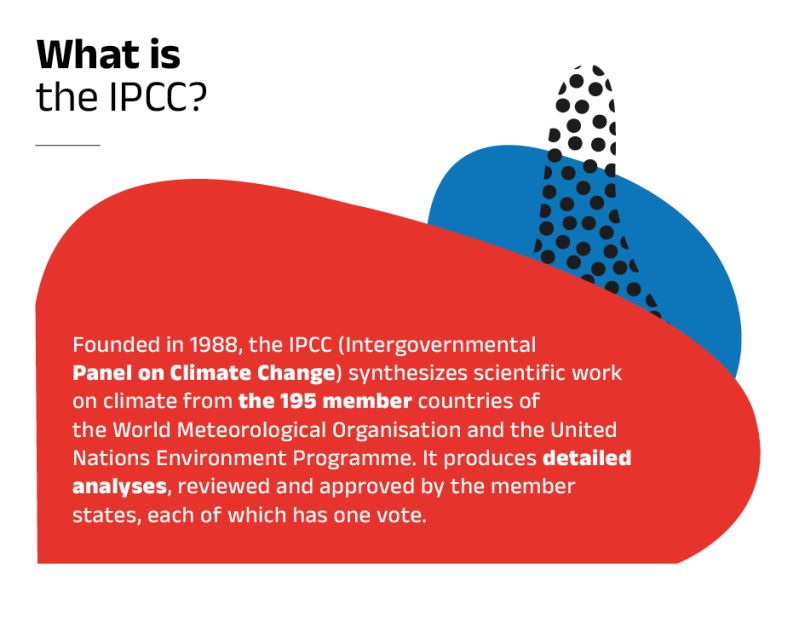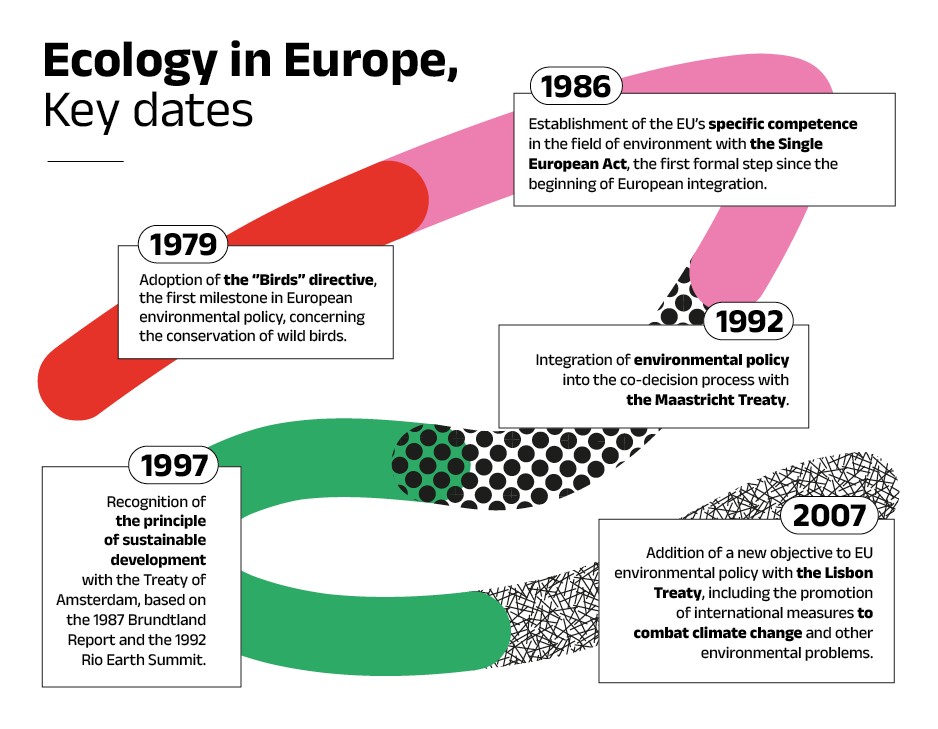
Introduction - Environmental and climate issues
🖊️Written by Gwendolenn Sharp, The Green Room
The intensification of environmental crises, growing pressure on natural resources and the confrontation with our planet's limits are shaping major ecological changes in our societies.
In this context, the music sector, like the cultural field as a whole, must play a crucial role in lessening environmental impacts, by aligning itself with reduction targets and national, European and international regulations currently in force.
It must also initiate its own transformation to adapt to the upheavals to come, strengthening its resilience in the face of the risks it faces, the shocks and the inevitable outcomes.

Music, because it reaches very large audiences and has a strong capacity to influence, can also inspire and serve as a role model in understanding and telling the story of these current and future systemic changes.
The objectives of this part of the MOOC are to present:
- A brief overview of the scientific findings on the environment and climate
- The legal and political framework for the environment and climate at European level
- A methodological focus on calculating the carbon footprint applied to the music sector
I/ Context

To keep global warming below 2°C, with a probability of limiting it to 1.5°C, a reduction of around 45% in CO2 emissions compared with the levels in 2010 is needed by 2030, and a reduction to zero by 2050. The target date of 2030 underlines the urgent need for action (and therefore the speed at which the global carbon budget is consumed), as well as the need to set both short- and long-term goals.
Beyond the climate challenges, the depletion of natural resources and the collapse of biodiversity underline the crucial importance of these efforts, highlighting the need to adopt measures to conserve and reduce the ecological footprint in all sectors of human activity.
The IPCC currently predicts that if governments maintain the global policies in place at the end of 2020, global warming will reach 3.2 °C by 2100.
This represents a considerable gap in relation to the pace needed to meet the commitments made under the Paris Agreement. To respond to this emergency situation, a radical change and a sustained increase in efforts to reduce greenhouse gas emissions are vital.
II/ European policy on environment and climate
A - Key dates

B - EU's environmental and climate goals
European environmental policy is based on Articles 11 and 191-193 of the Treaty on the Functioning of the European Union. The Eighth Environment Action Programme (2021-2030) has six main priorities:
- Rapid reduction of greenhouse gas emissions,
- Adaptation to climate change,
- Promoting the circular economy,
- The aim of zero pollution,
- Protecting biodiversity,
- Reducing environmental pressures linked to production and consumption.
Under the Green Deal, the EU has committed to achieving carbon neutrality by 2050 and reducing greenhouse gas emissions by 55% by 2030 (compared to 1990 levels). A proposal has been made for a reduction of 90% by 2040. The ‘European Climate Law’, which came into force in July 2021, translates these goals into legislation and establishes the creation of a scientific advisory council to assess the actions needed to achieve them. This council will also assess the conformity of European legislative initiatives with the targets of the Green Deal and the Paris Climate Agreement.